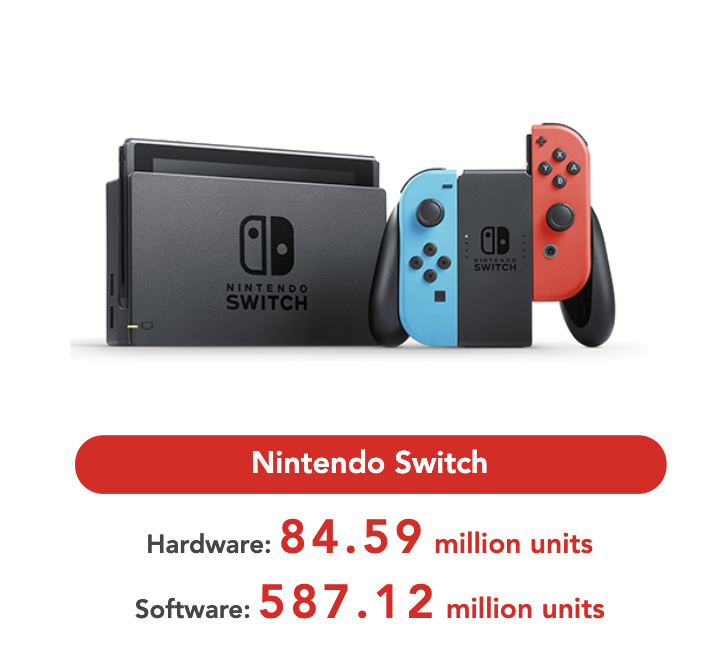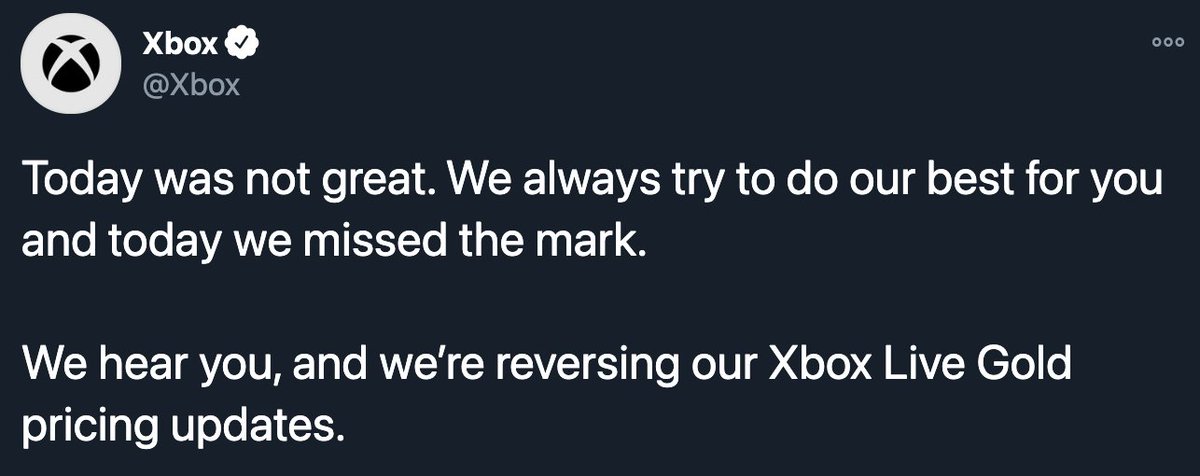
The Nintendo Switch has sold in 84.59m units as of March 31, 2021.
Total software sell in for the console has reached 587.12m.
Nintendo sold approximately 28.83m units of hardware and 230.9m units of software in the past fiscal year.
Total software sell in for the console has reached 587.12m.
Nintendo sold approximately 28.83m units of hardware and 230.9m units of software in the past fiscal year.

Here is a breakdown of quarterly hardware sell in
The original Nintendo Switch console has sold in 6.89 million units while the Nintendo Switch Lite has sold in 14.7 million units in total
OG Switch continues to be the better seller
Pandemic boost still in effect this quarter
The original Nintendo Switch console has sold in 6.89 million units while the Nintendo Switch Lite has sold in 14.7 million units in total
OG Switch continues to be the better seller
Pandemic boost still in effect this quarter

Here is a breakdown of quarterly software sell in.
There were 54.77 million units of software sold in during the quarter ending March 31, 2021, up from 45.58m units in the same period last year.
There has been ~7 games sold for every console sold.
There were 54.77 million units of software sold in during the quarter ending March 31, 2021, up from 45.58m units in the same period last year.
There has been ~7 games sold for every console sold.

There is a typo in the tweet about hardware sales.
It should say that the original Switch console has sold in 69.89m units and that the Switch Lite has sold in 14.70 million units.
Apologies for the error.
It should say that the original Switch console has sold in 69.89m units and that the Switch Lite has sold in 14.70 million units.
Apologies for the error.
• • •
Missing some Tweet in this thread? You can try to
force a refresh







